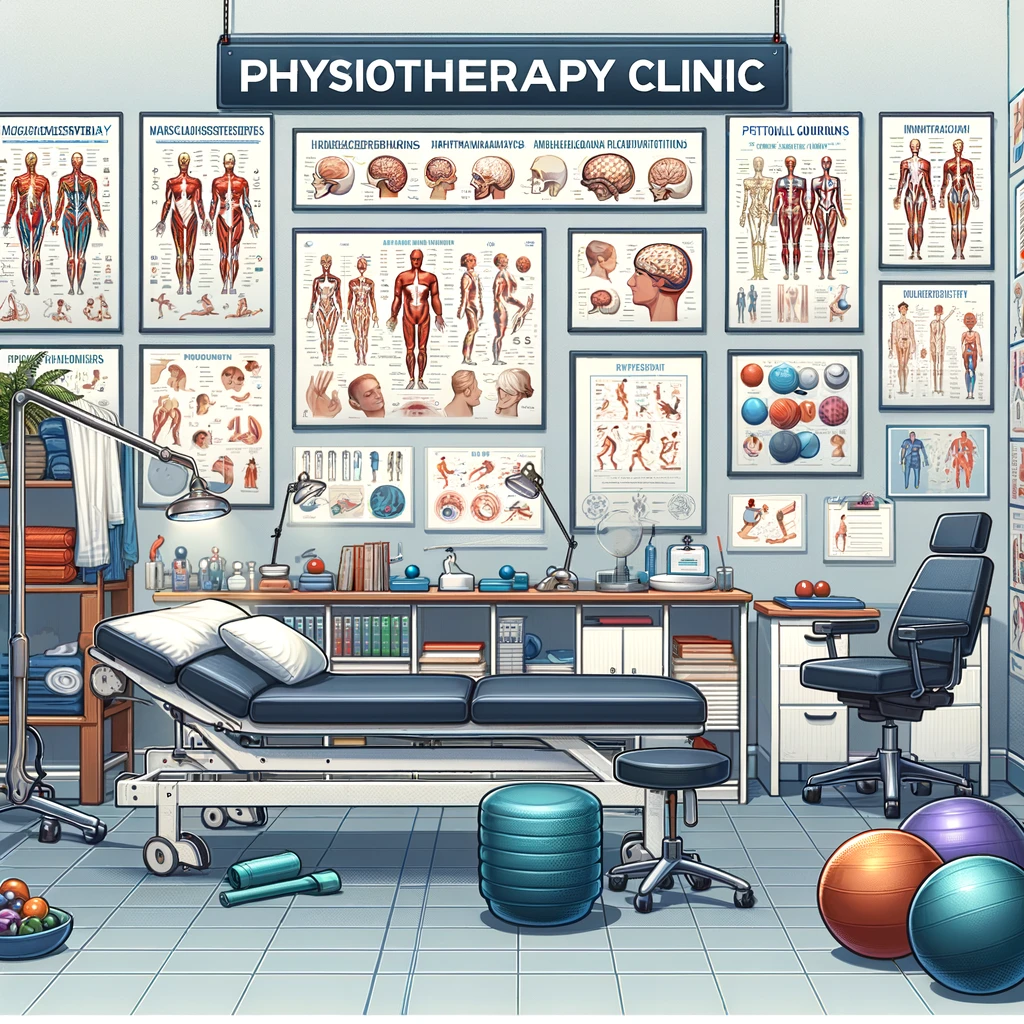top of page
Medical condition/treatment
Exercitium Stabilitatis Core
disc prolapse
Core muscles
disc prolapse
Core stability training focuses on strengthening the core muscles, particularly the muscles around the spine and abdomen. A stable core is crucial for healthy posture and avoiding back problems. Targeted exercises improve core stability, which can lead to better posture and reduced risk of injury. Physiotherapy supports this.
Causes/Description:
Core muscles, core strength, stability, posture

disc prolapse
Physiotherapie, Core-Stabilitätstraining, Kernmuskeltraining, Rumpfstabilität, Bewegungskontrolle

25 min

50 min
295 Swiss francs
50 min
260 Swiss francs
50 min
260 Swiss francs
25 min
KK & IV
45 min
KK & IV
1 hr 25 min
245 Swiss francs
50 min
235 Swiss francs
1 hr 25 min
245 Swiss francs Available OnlineRead More
Available OnlineRead MoreTogether on the road to recovery: Pediatric physiotherapy via video consultation with experts
50 min
260 Swiss francs
disc prolapse
Core stability training is aimed at strengthening the core muscles to improve body stability and posture. It is used in injury rehabilitation, prevention of back pain, and enhancing athletic performance.
disc prolapse
Core stability training focuses on strengthening the muscles in your core, including your abdominals, back muscles, and pelvic floor. A stable core is crucial for good posture and movement control. There is evidence-based research supporting the positive effects of core stability training on core strength and posture.
disc prolapse
History: EMG measurement was first developed in the 1940s and is used to record the electrical activity of muscles. It has applications in medicine, sports science and rehabilitation. Fact: EMG can also be used to control prostheses.
bottom of page





























































